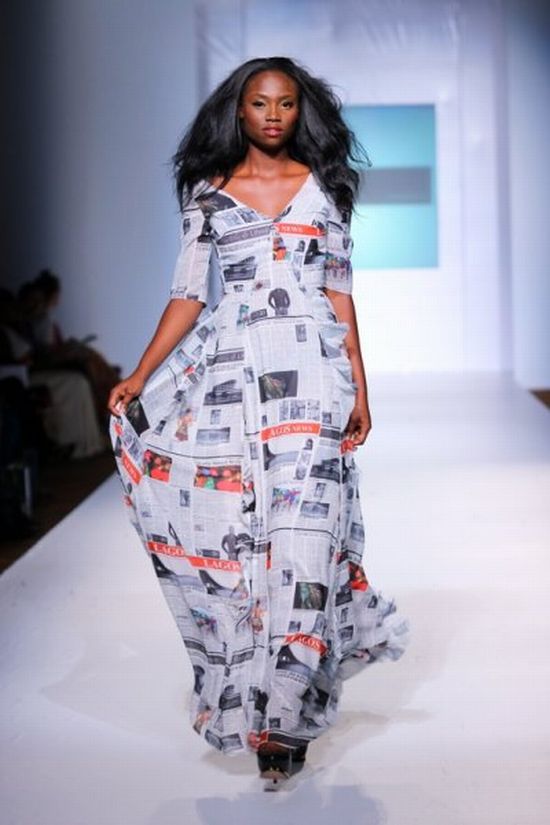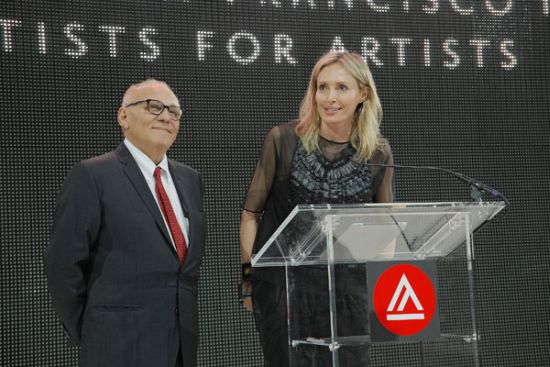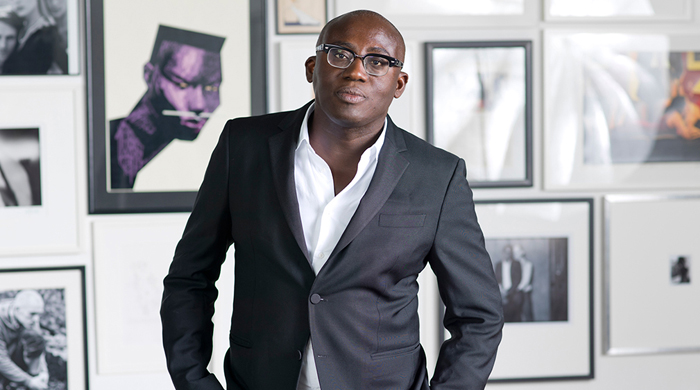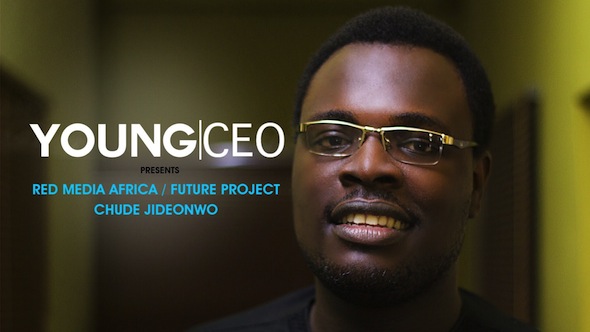I have been meaning to share this article with the Ladybrille design community. It is a well written article by The Business of Fashion that assesses the current business/financial climate in Nigeria’s Fashion Industry. It is worth reading.
-Uduak Oduok
________________________________
“LAGOS, Nigeria — When an incredibly astute and prolific emerging market investor announced last year that there are at least 200 ‘hidden billionaires’ in Africa unknown to wealth watchers, it didn’t take long before Forbes beefed up its coverage profiling the super-rich in Nigeria. It’s easy to see why. Among those who can be documented, Africa’s richest man hails from here as do more than a quarter of the magazine’s current top forty from the continent. Although economists rightfully keep talking about ‘Africa rising’, clearly there is at least one country that is floating closer to the top than the rest.
Ever since Nigerian fashion industry pioneer Omoyemi Akerele sat in conversation with Suzy Menkes last November at the International Herald Tribune’s luxury conference, most insiders will have heard juicy tales about the voracious appetite and spending power of the country’s well-heeled, well-educated and well-travelled upper classes. Akerele’s scrupulous presentation made even the most sceptical in the audience take heed. Back in Lagos, Nigeria’s commercial capital where she is based, Akerele has been instrumental not only in building up an impressive international market for indigenous fashion designers – by partnering with Selfridges, Pitti Immagine and the British Council – she is also a sounding board for international fashion executives looking to enter the local market.
“The luxury watch and jewellery retailers have held franchises for years for international brands like Cartier, Piaget and Rolex to name a few,” says Akerele, founder of Lagos Fashion and Design Week and Style House Files, her consultancy firm. “The luxury segment receives the most publicity but of course the reality here too is that the percentage of people who can afford true luxury brands is significantly smaller than those buying in the middle and lower markets. However, due to lack of competition and higher margins, this segment ends up appearing more attractive. Nigerian-owned fashion design brands and international luxury brands such as Zegna and Hugo Boss are now operating in this realm.”
As the continent’s most populous nation, Nigeria’s monumental scale helps to position it firmly in the centre of a much wider fashion stage covering virtually all demographic cohorts. To put its 174 million people into perspective, consider for a moment that there are more Nigerians than there are Japanese or Russians or citizens of any other country in Europe. It also means that one out of every five people in sub-Saharan Africa is a Nigerian. While it is true that more than half of Nigerians continue to live in abject poverty, the remaining 75 million who are upwardly mobile dwarf the entire population of South Africa as a diverse market force. Nigeria’s main rival to the south can still count more wealthy residents; its overall economy is bigger; and its fashion market more developed. But Nigeria is fast picking up the pace.
“A real indication of the mass growth of the retail industry can be seen in the increase in number of successful online retailers like Jumia, Konga, 5th and Quansah,” says Akerele. “The Nigerian consumer is warming up to the idea of online retail thanks to order efficiency with the help of local debit and credit cards from financial institutions such as GTBank. And ASOS now also delivers to Nigeria, going against the stigma of internet fraud associated with Nigeria.”
Jumia.com.ng and Konga.com both sell a small selection of merchandise from international fashion brands such as Calvin Klein, Diesel, River Island, Adidas, Zara, Forever 21, H&M, TopShop, Guess, Bulgari and Gucci. . .”
The Business of Fashion has the full story.
Photo: Dress by Ituen Basi, Photo by Kola Oshalusi
Founded in 2007, Ladybrille® Magazine is a California based pioneer digital publication demystifying the image of Africans in the west through contemporary African fashion and celebrating the brilliant woman in business and leadership, with an emphasis on the African woman in the diaspora. Our coverage includes stories on capital, access to markets, expertise, hiring and retention, sales, marketing, and promotions.








